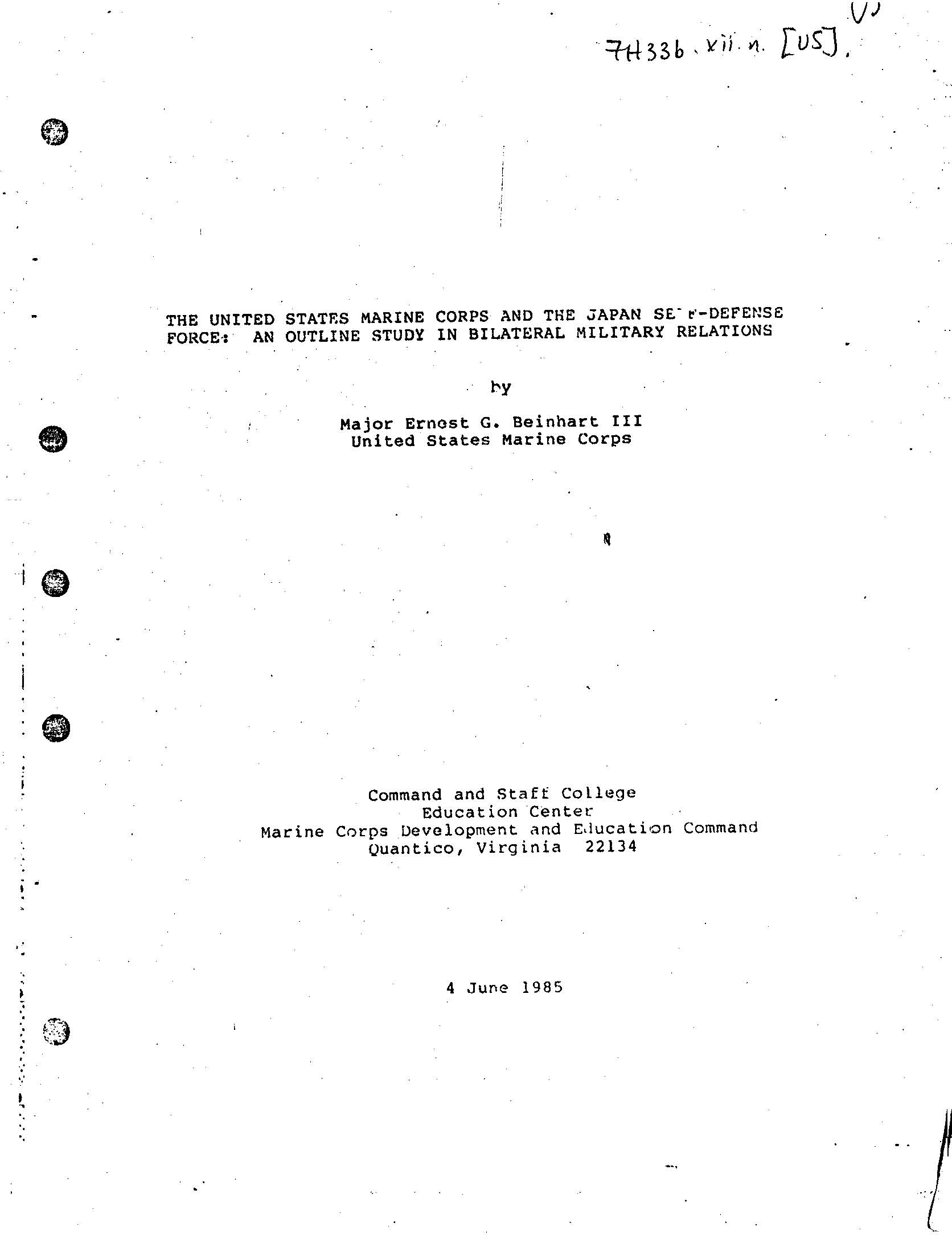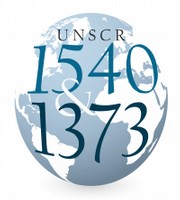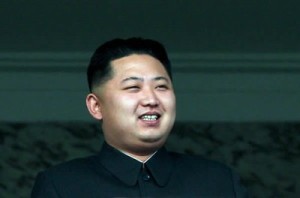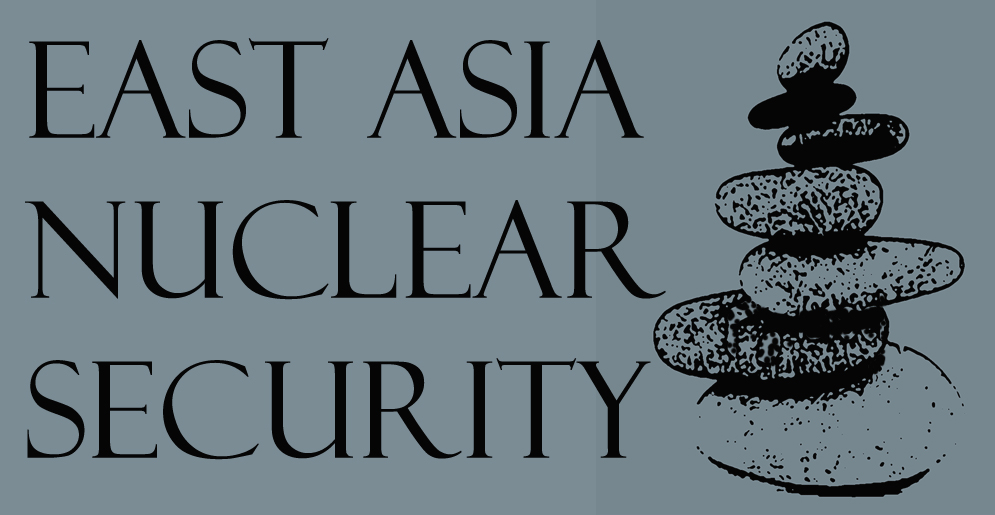Daily Report Archives
Established in December 1993, the Nautilus Institute’s *N*ortheast *A*sia *P*eace and *S*ecurity *N*etwork (NAPSNet) Daily Report served thousands of readers in more than forty countries, including policy makers, diplomats, aid organizations, scholars, donors, activists, students, and journalists.
The NAPSNet Daily Report aimed to serve a community of practitioners engaged in solving the complex security and sustainability issues in the region, especially those posed by the DPRK’s nuclear weapons program and the threat of nuclear war in the region. It was distributed by email rom 1993-1997, and went on-line in December 1997, which is when the archive on this site begins. The format at that time can be seen here.
However, for multiple reasons—the rise of instantaneous news services, the evolution of the North Korea and nuclear issues, the increasing demand for specialized and synthetic analysis of these and related issues, and the decline in donor support for NAPSNet—the Institute stopped producing the Daily Report news summary service as of December 17, 2010.

During the 1970s, Japan had transformed its economy into one of the leading economies in the world with a GNP second only to the United States. Japan’s military prowess, however, had not been in keeping with her economic might as the country relied heavily on the U.S. for national security. Limits in the Japanese constitution, a brief economic slump in the mid-1980s, a strong animosity towards military build up among the Japanese people and the geographical importance of Japan in the Cold War complicated America’s calls for Japan to increase its efforts in taking control of its national defense. Major Ernest G. Beinhart III’s 1985 report assesses the role the growing relationship between the Japan Self-Defense Force and the United States Marine Corps had in influencing changes in Japan. The report considers the defense policy of Japan, the organization and structure of the USMC and the JSDF and development of USMC-JSDF relations.
This report was released to the Nautilus Institute under the US Freedom of Information Act (FOIA). See the Institute’s FOIA Global Disclosure Project page to read more chronologies, histories and reports released to Nautilus.
Go to the article

Jennifer M. Gibson, J.D. Candidate, and Sarah Shirazyan, J.S.D. Candidate, Stanford Law School, state that “Resolution 1540 has the potential to play an important role in forming universally recognized norms of state behavior with respect to WMDs. To do so, however, states must enact and enforce domestic controls over WMD material, wherever and whenever possible.” The authors. The following study assess the extent to which states have applied their domestic WMD controls extraterritorially by examining national reports and matrices submitted to the 1540 Committee to answer three questions. First, how many and which states apply their laws extraterritorially? Second, of those that do apply their laws extraterritorially, what is the scope of that application, i.e. does it apply to nuclear, biological and/or chemical materials? And, finally, what is the jurisdictional basis for the extraterritorial application?
This report is from the Nautilus Institute workshop “Cooperation to Control Non-State Nuclear Proliferation: Extra-Territorial Jurisdiction and UN Resolutions 1540 and 1373” held on April 4th and 5th in Washington DC with the Stanley Foundation and the Carnegie Endowment for International Peace.
Go to the article

Shen Dingli, Professor and Executive Dean at Fudan University, writes that the new leadership in Pyongyang has to continue to strengthen Kim Jong-un’s power base, which doesn’t allow it to be either too hostile or receptive to the outside world. It also has to be politically correct and follow Kim Jong-il and Kim Il-sung’s Juche ideology, demonstrating self-reliance. Therefore, to quit the nuclear weapons program is a non-starter. While the DPRK has signaled its intent to return to the Six-Party Talks, this is, in Shen Dingli’s opinion, a tactical move, not a strategic commitment to denuclearization. “All parties involved in the talks should combine their legitimate needs with a realistic approach … Unless other parties would relinquish their nuclear weapons or the benefit of a nuclear umbrella, demanding Pyongyang to rid its nuclear program without prior trust-building is wishful thinking.” In the meantime, in order to manage its shortage of resources, the DPRK has to keep bargaining with others and develop its economy—and this could bode well for engagement and stability.
Go to the article

This summary report is based on the proceedings and presentations given at the East Asia Nuclear Security workshop held on November 11, 2011 in Tokyo, Japan. The workshop aimed to evaluate the robustness of proposals to establish a nuclear weapons-free zone in Northeast Asia (NEA-NWFZ) and to identify pathways leading to its creation. The workshop was organized by the Nautilus Institute, the Maureen and Mike Mansfield Foundation and Nautilus Australia – RMIT Global Studies, and co-hosted by the Asia Pacific Leadership Network.
Papers and presentations given at the East Asia Nuclear Workshop are available here, along with the full agenda, participant list and a workshop photo gallery.
Go to the article
Nak-chung Paik, Editor of The Quarterly Changbi and Professor Emeritus of English Literature at Seoul National University, asks “Which will be the greater variable, the leadership change in North Korea or the 2013 regime change in South Korea?” Paik asserts that since the North Korean succession does not show signs of sparking an imminent political or social upheaval, South Korea, with upcoming elections, has the opportunity to engage North Korea, establish a peace agreement and perhaps eventually an inter-Korean confederation. The key, Paik writes, is the 2013 South Korean regime: “Will we content ourselves with the same old ruling forces who have changed face and succeeded in “differentiation from Lee Myung-bak,” or will we make the historic transition to a new epoch not only in the South but possibly shared by South and North?”
Go to the article





